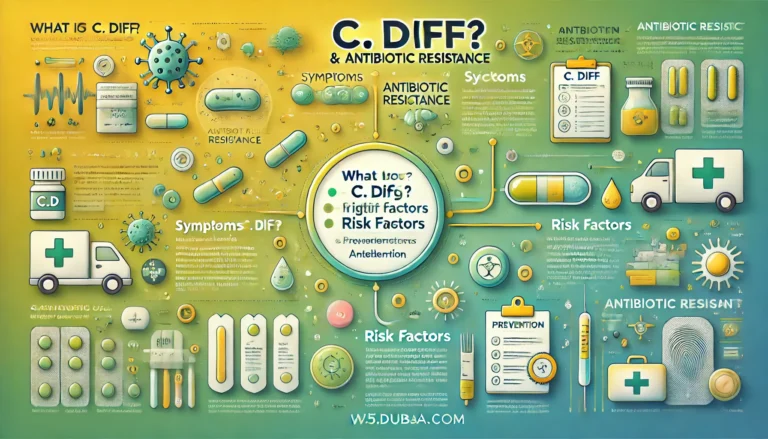K-State Professor Develops Life-Threatening Meat Allergy from Tick Bite
A Kansas State University professor experienced a severe and potentially life-threatening allergic reaction after being bitten by a lone star tick, leading to a condition known as alpha-gal syndrome (AGS). This unusual allergy is triggered by the alpha-gal molecule present in the tick’s saliva, which causes the body to react adversely to red meat and other mammalian products.
What is Alpha-Gal Syndrome?
Alpha-gal syndrome, also referred to as red meat allergy, occurs when the immune system reacts to a sugar molecule called galactose-alpha-1,3-galactose (alpha-gal) introduced into the body by the bite of the lone star tick. The condition can cause a range of allergic reactions several hours after consuming red meat or mammalian products, including beef, pork, lamb, and even certain medications and products containing gelatin or dairy.
Symptoms and Diagnosis
Symptoms of AGS can vary widely but often include hives, swelling, gastrointestinal issues, and in severe cases, anaphylaxis, which is a life-threatening reaction that requires immediate medical attention. These symptoms typically appear 2-6 hours after consuming alpha-gal-containing foods.
Diagnosing AGS involves a thorough medical history review, physical examination, and specific blood tests to detect antibodies to alpha-gal. Due to the delayed reaction time, it can often be misdiagnosed, highlighting the importance of awareness among healthcare providers and patients.
Preventing Tick Bites
Preventing tick bites is crucial to avoiding AGS and other tick-borne diseases. Recommendations include using insect repellents, wearing long sleeves and pants, performing thorough tick checks after spending time outdoors, and promptly removing any ticks found on the body.
The Centers for Disease Control and Prevention (CDC) and other health organizations emphasize the need for increased awareness and research on AGS. They note that many cases go undiagnosed due to the varied symptoms and lack of knowledge about the condition among healthcare providers.
The experience of the K-State professor underscores the importance of recognizing and understanding alpha-gal syndrome. As research continues, there is hope for better diagnostic methods and treatments to manage this rare but serious allergy.







